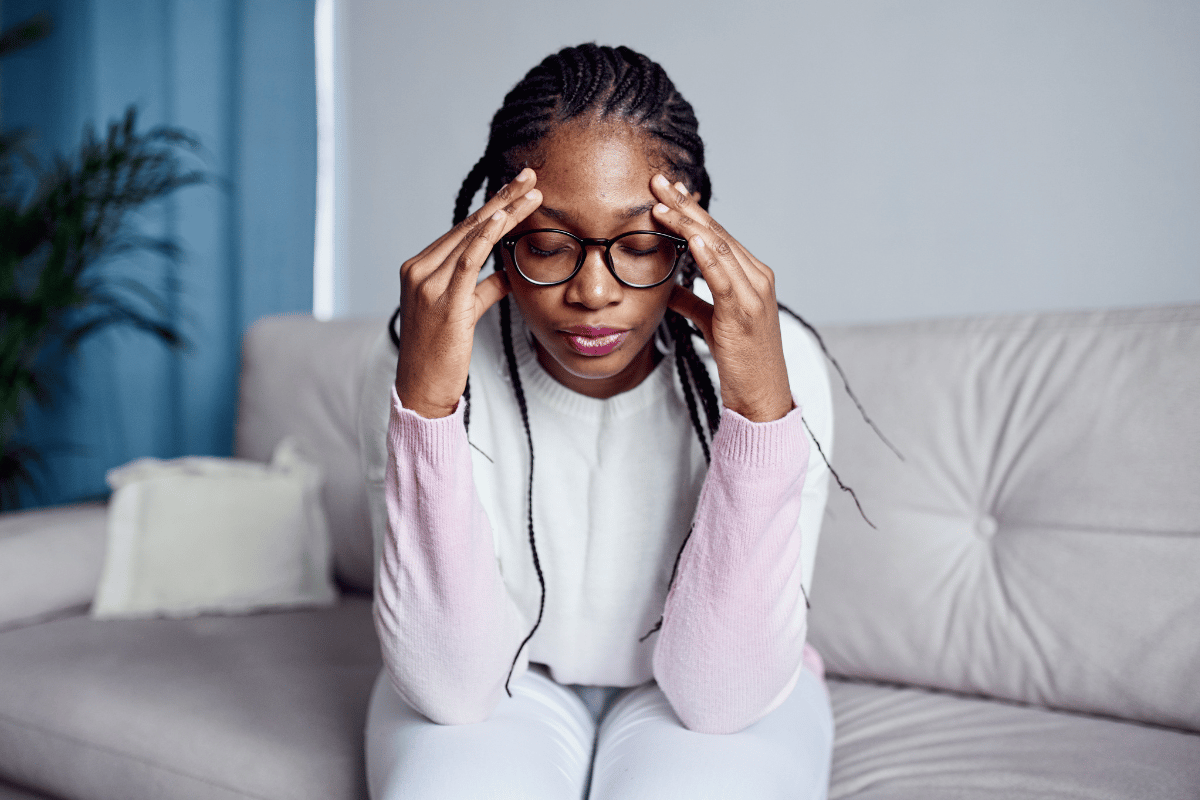

We've all been there. Sweaty palms. A quickening heartbeat. That tight feeling in your chest that makes it hard to breathe.
Yep, it's good ol' anxiety making itself known again.
If you're nodding along, you're far from alone. Anxiety is the most common mental health disorder in Australia, affecting about 17.2 per cent of people aged 16 to 85, according to the Australian Bureau of Statistics.
The reality is that anxiety has become such a widespread health concern that organisations like Medibank have stepped up to be part of the solution.




























































































